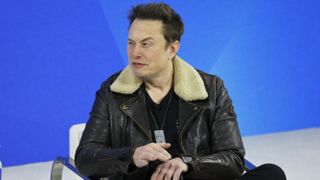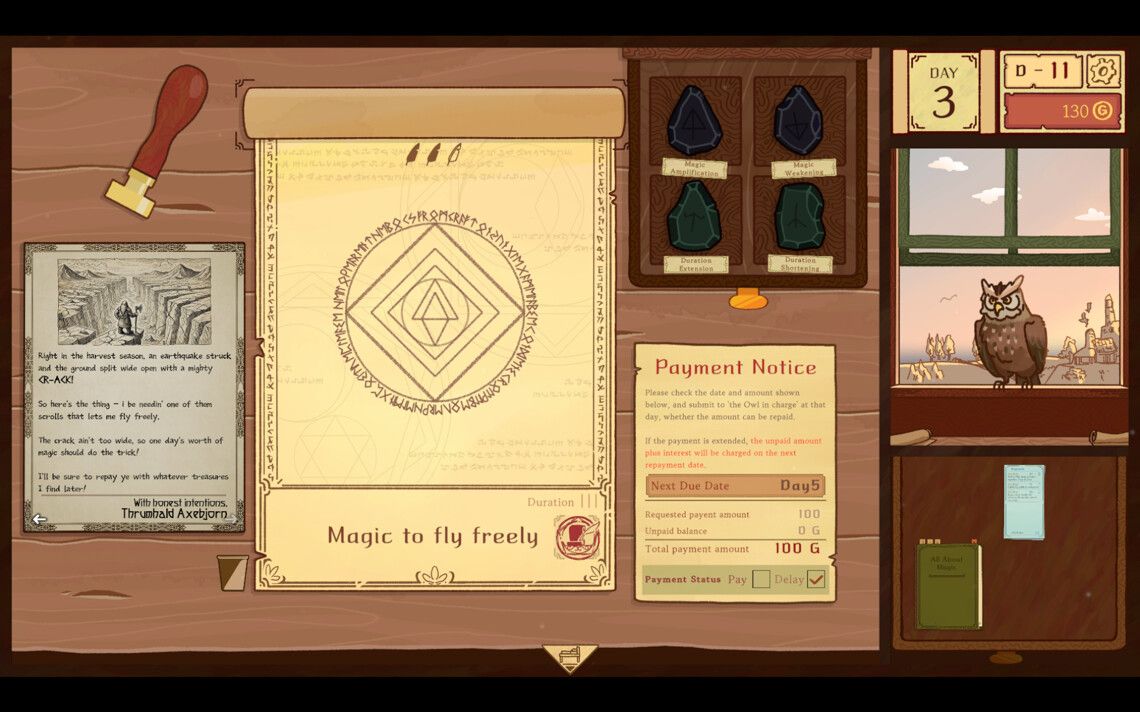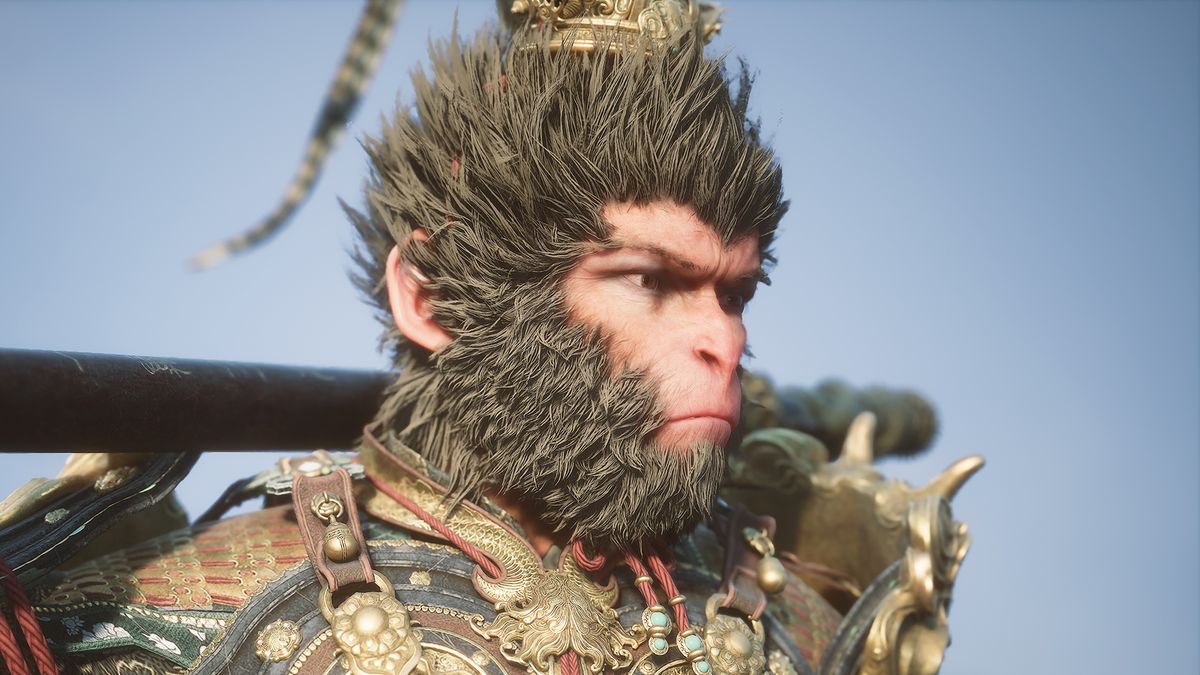The complex history between OpenAI and Elon Musk, former co-chair of said AI company, has taken an unexpected turn. The creator of ChatGPT has published a series of messages and emails that suggest Musk wanted the company to abandon its non-profit roots and go full-sail for-profit, the very thing that he is now suing OpenAI for doing.
We all know that AI involves billions of dollars. One can't build data centres full of thousands of massive GPUs, pay the energy bills, and hire staff to program them for a mere pittance. But should that expenditure be used to create something for non-profit making or to create something that will ultimately rake in huge sums of money? When it comes to OpenAI, creators of ChatGPT, and Elon Musk, owner of xAI and Grok, it would seem they've not seen eye-to-eye on this matter.
OpenAI started as a non-profit AI research organisation in December 2015, before launching a for-profit subsidiary (OpenAI Global) four years later. The company was co-chaired by Sam Altman and Elon Musk until 2018 when Musk resigned from the board of directors, to avoid a conflict of interest with Tesla, which uses AI for its autonomous driving systems.
Over the years, other staff left OpenAI to start up AI companies of their own, and OpenAI Global attracted the attention of Microsoft, which pumped billions of dollars into the subsidiary, securing a nearly 50% share of the company.
Earlier this year, however, Elon Musk sued OpenAI and Sam Altman for breach of contract, violating fiduciary duty, and unfair business practices—in short, because OpenAI had decided to target profits and commercial interests, over the company's original goal of pursuing AI for the good of mankind.
Fast forward to a few days ago and it would seem that all is not quite as simple as it sounds, because OpenAI has published redacted DMs and emails that show Musk wanted OpenAI to go for-profit in the summer of 2017, before then going on to "demand majority equity, absolute control, and to be CEO of the for-profit."
In one email supposedly from Musk, he wrote that "the Preferred A investment round (supermajority me) should have the right to appoint four (not three) seats. I would not expect to appoint them immediately, but, like I said I would unequivocally have initial control of the company, but this will change quickly."
While it's not an outright demand for the control of OpenAI, I think it's fair to say that the message doesn't read particularly well and the board rejected Musk's option. It tried to placate him, though, saying "We really want to work with you. We believe that if we join forces, our chance of success in the mission is the greatest. Our upside is the highest. There is no doubt about that. Our desire to work with you is so great that we are happy to give up on the equity, personal control, make ourselves easily firable — whatever it takes to work with you."
Not that this had any effect because Musk's response was unequivocal: "Guys, I’ve had enough. This is the final straw. Either go do something on your own or continue with OpenAI as a non-profit. I will no longer fund OpenAI until you have made a firm commitment to stay or I’m just being a fool who is essentially providing free funding for you to create a startup. Discussions are over."
From the various messages being now made public, Musk was seemingly never hugely opposed to opening up a for-profit OpenAI offshoot or even necessarily for the whole company to go that way. The issue seems to be how it would all be organised and funded. Which does make his current lawsuit look maybe a bit spurious: why is there an issue with a for-profit OpenAI now?
Where things go now isn't clear, though I imagine that Elon Musk will have a few things to say on the matter. As far as I can tell, there's no mention of OpenAI's claims on his X account but the man posts a lot so there could be something buried away. The sensible thing to do would be to leave this all in the hands of legal beagles, but I guess OpenAI's post rather sidesteps that.
Time to get some more popcorn in, methinks.

 2 weeks ago
9
2 weeks ago
9








:quality(85):upscale()/2024/06/27/002/n/43463692/273a0466667defdb06a697.27831546_.jpg)
 English (US) ·
English (US) ·